Everything You Need to Know About 11-Hydroxy THC
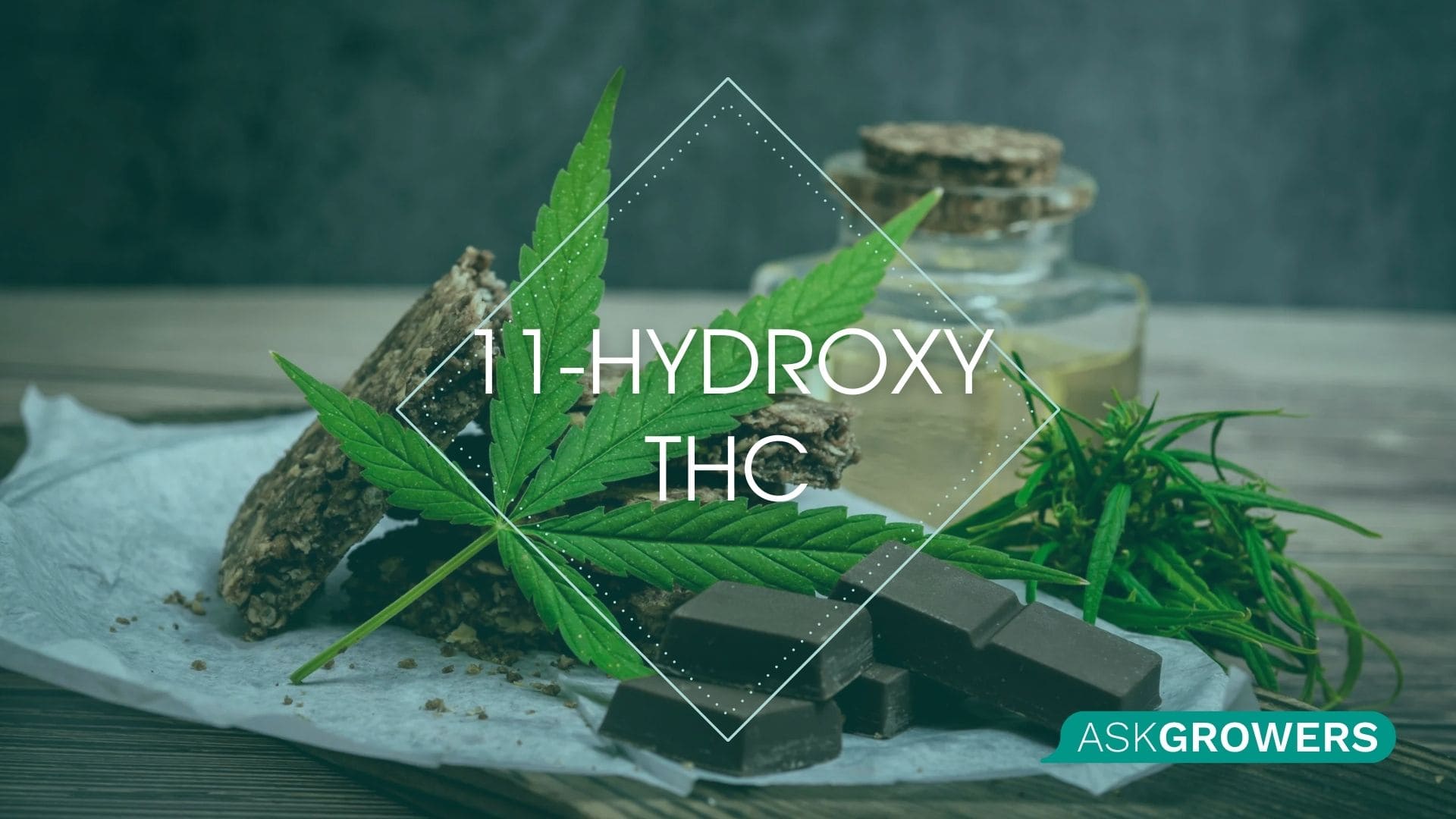
If you have ever tried smoking weed and eating edibles, you must have noticed the difference in its effects. It is pretty clear that the form of consumption may affect outcomes, but have you ever wondered what is the real reason for this difference? Edibles hit harder, the effects take time to kick in and last much longer than if you smoke weed. 11 Hydroxy THC is a cannabis metabolite that is an actual reason for this contrast.
Read Also: What Are Cannabinoids, Their Types, and Effects?
What is 11 Hydroxy THC?
No matter what way of consumption a user chooses, marijuana contains THC and CBD that you probably know something about. To revise your knowledge, we will remind that CBD is a cannabis chemical compound that doesn’t produce high. THC, though, is the one that provides psychoactive effects. But if you dive deeper into the mechanism of marijuana affecting the human body, it becomes clear that THC itself is not that important. The cannabis effects depend more on the absorption way and the molecules that, in the end, influence our brain receptors.
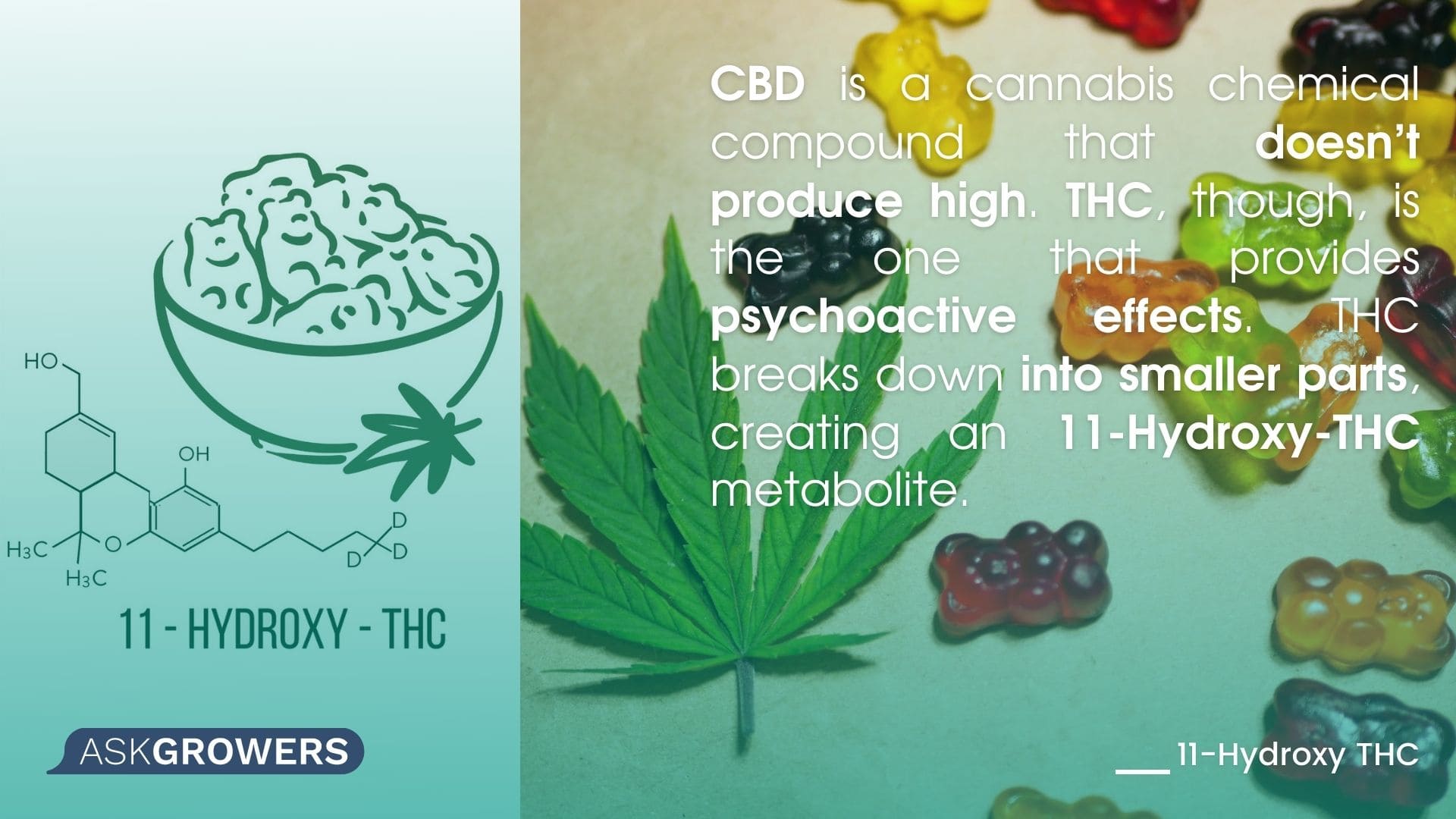
THC is metabolized differently depending on how you choose to consume it, which certainly affects the outcomes. When you ingest edibles, cannabis gets into the digestive system. THC here breaks down into smaller parts, creating an 11-Hydroxy-THC metabolite. But if you prefer smoking marijuana via a bong, vaporizer, or joint, THC gets heated and produces another molecule called Delta-9 THC.
What is the Difference Between Delta-9 and 11-Hydroxy THC
Both 11 Hydroxy Delta 9 THC are products of THC metabolism, but their mechanisms and effects are different.
Delta 9 THC
Delta 9 is actually a THC-11 prosecutor. This is a component that is the most common and responsible for cannabis’s psychoactive qualities. Delta 9 starts its metabolism as THCA (tetrahydrocannabinolic acid) molecule in fresh plants. After aging and heating, this compound becomes a well-known THC, or Delta 9, by losing its acid chain.
Read Also: What Is THC Or Tetrahydrocannabinol?
When you smoke cannabis, this element gets to your bloodstream through the lungs, and from there, it goes to the brain to affect cannabinoid receptors. At this point, the human brain releases dopamine which actually makes you high. It doesn’t take long for the bloodstream to bring Delta 9 THC to the brain, resulting in fast-hitting effects.
11-Hydroxy THC
This element also starts as a THCA molecule, then it is converted into Delta 9, as it is said above. When Delta-9-THC is broken down in the body, 11-Hydroxy-THC, also known as 11 OH THC, is formed. The body breaks down and metabolizes Delta-9-THC once it is ingested, creating the metabolite 11-Hydroxy-THC. It is typically thought to be far more powerful than its precursor.
The reason why THC-11 is stronger is that its chemical structure permits it to pass across the blood-brain barrier significantly more easily than delta-9 THC. The compound also interacts significantly more strongly with cannabinoid receptors in the brain. The stronger the connection to the CB1 receptor, the more active that receptor is. More receptors are engaged because so many more 11-Hydroxy THC molecules are in the blood. This causes your brain to produce more neurotransmitters, resulting in more potent effects.
Read Also: What You Need to Know About the New Tetrahydrocannabinol Delta-10
What is Delta 11 THC Absorption Look Like?
When you consume marijuana edibles, Delta-9 THC travels through your lower intestines and into your liver before entering your bloodstream. Delta-9 THC molecules are broken down into smaller fragments in the liver. This results in the formation of the metabolite 11-OH-THC. If you were wondering how to make 11-Hydroxy-THC, it is impossible. It is an exceptionally natural element that exists only inside the body. Unlike synthetic THC-O, which is synthesized and is never natural, THC-11 is only created by the liver.
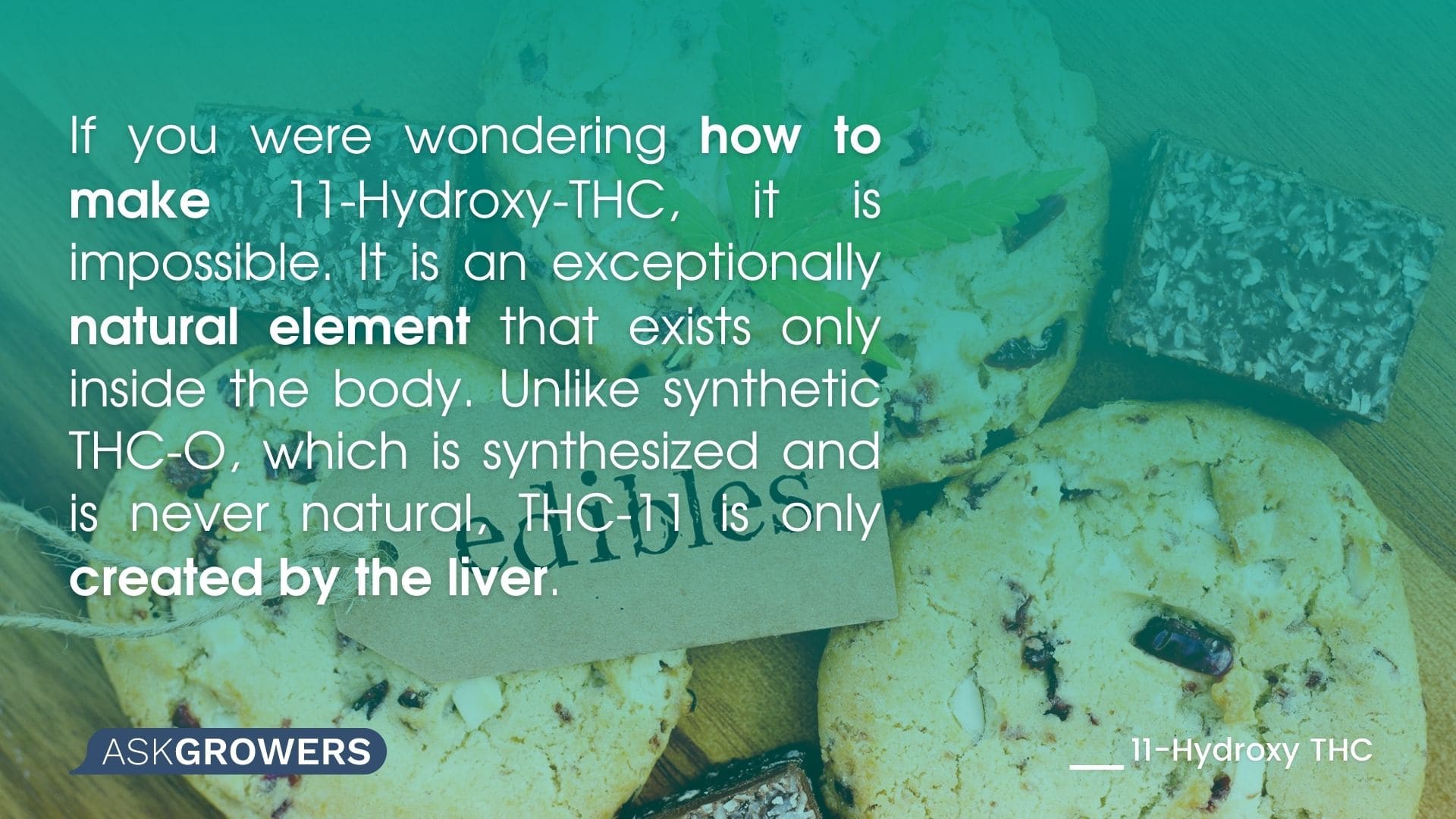
The liver does break down some delta-9 THC when you inhale cannabis. The majority of it, however, travels unprocessed through your bloodstream to your brain. Your body absorbs THC more slowly once it goes through your small intestine and liver. There is a lot more delta-9 THC accessible, the liver has a lot more time and hence may produce more molecules of 11 OH THC.
This steady, gradual breakdown of delta-9 THC into 11-Hydroxy THC is also the reason why edibles take much longer to get out of your system than smoking weed. More molecules of 11-Hydroxy THC are reaching your bloodstream, and they continue to do so until your liver breaks them down. That is why it is critical to be cautious of dosages when using edibles. Your liver is precise, and once it begins breaking down delta-9 THC, it will not stop until it is finished, whether you want it to or not.
Read Also: What Are the Possible Side Effects of THC or Cannabis Use?
How Not To Overdo With 11-Hydroxy THC?
To avoid taking too much 11-Hydroxy-THC, limit your intake of marijuana edibles and adapt recipes accordingly. To reduce the strength of cannabis-infused foods, try reducing the quantity of cannabutter in a recipe and replacing normal butter. Whether you make your own or buy treats, start gently and with a modest serving to check how your body and digestive system respond. Wait for 2 to 4 hours before consuming anything else. Making cannabutter with low-THC strains could also assist in reducing psychoactive symptoms such as anxiety.
If you discover that your body is especially sensitive to 11-Hydroxy-THC, you could experiment with various cannabis consumption methods. It is also a good idea to talk with your treating physician about the best ways to take cannabis. Furthermore, your doctor can explain how your body may react to various levels of 11-OH-THC as well as different THC concentrations.
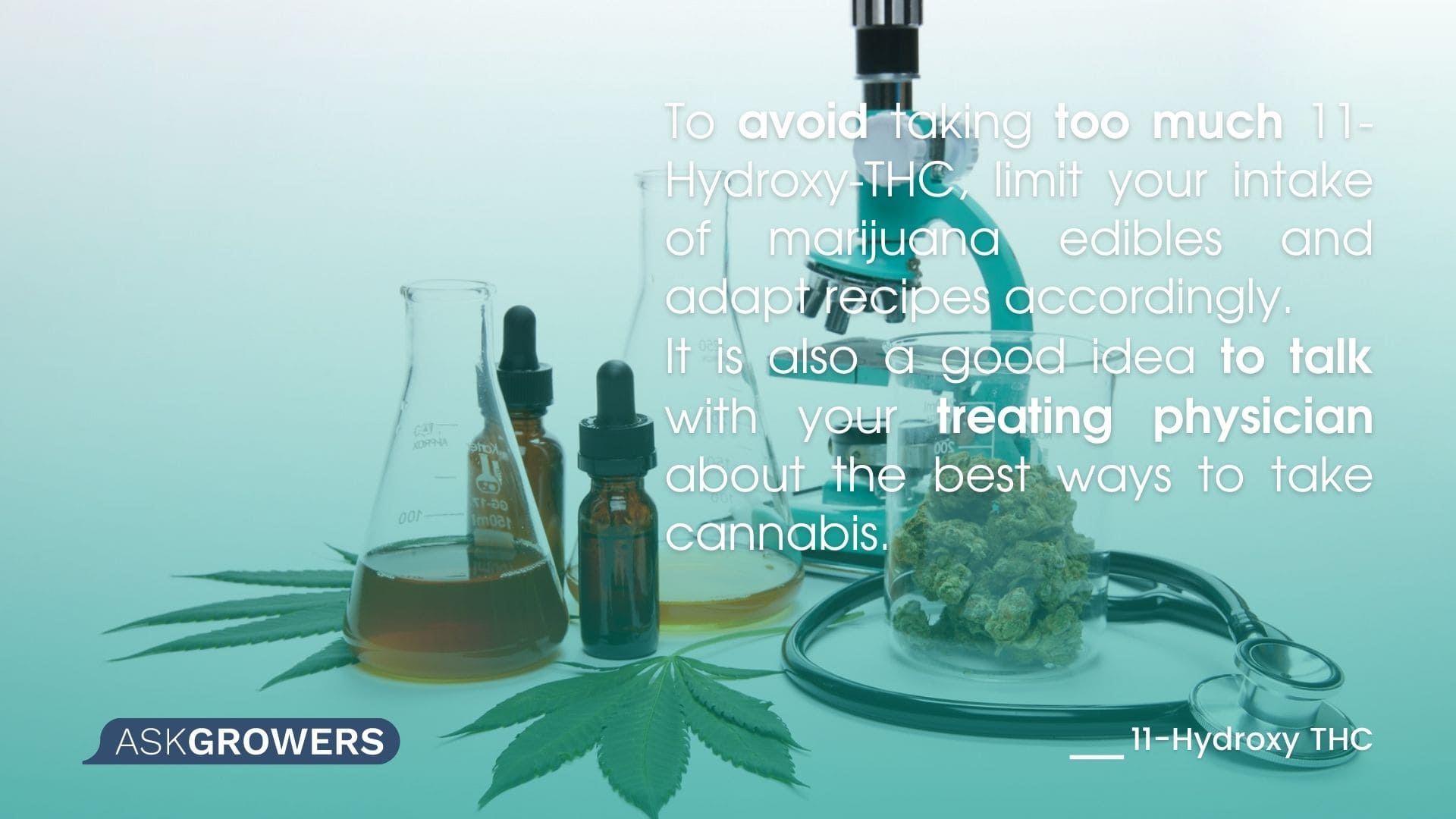
Since Delta 11 THC is produced by the liver and because we all possess various liver enzymes and genetic variations in those enzymes, weed edibles can have very diverse effects on different individuals. The way people metabolize Delta-9 into 11-Hydroxy-THC varies greatly, with age, gender, previous cannabis usage, concurrent medications, and other factors all playing a role.
11-OH-THC Research
There is little scientific research on 11 Hydroxy THC vs. D9 THC. The available studies mostly represent the potency of THC metabolites.
Far back in 1973, there was a study published in the Journal of Clinical Investigation that compared the pharmacology of THC-11 and THC-9. The scientists infused strong Delta 9 and 11 Hydroxy THC solutions into male marijuana smokers and assessed their reactions. 11-OH-THC was discovered to be far more effective than Delta-9 in causing a subjective high and racing heart.
More recent animal research published in the journal Progress in Neuropsychopharmacology & Biological Psychiatry discovered that 11-hydroxy-THC is 1.5 to 7 times more powerful than Delta-9 in some species and tests.
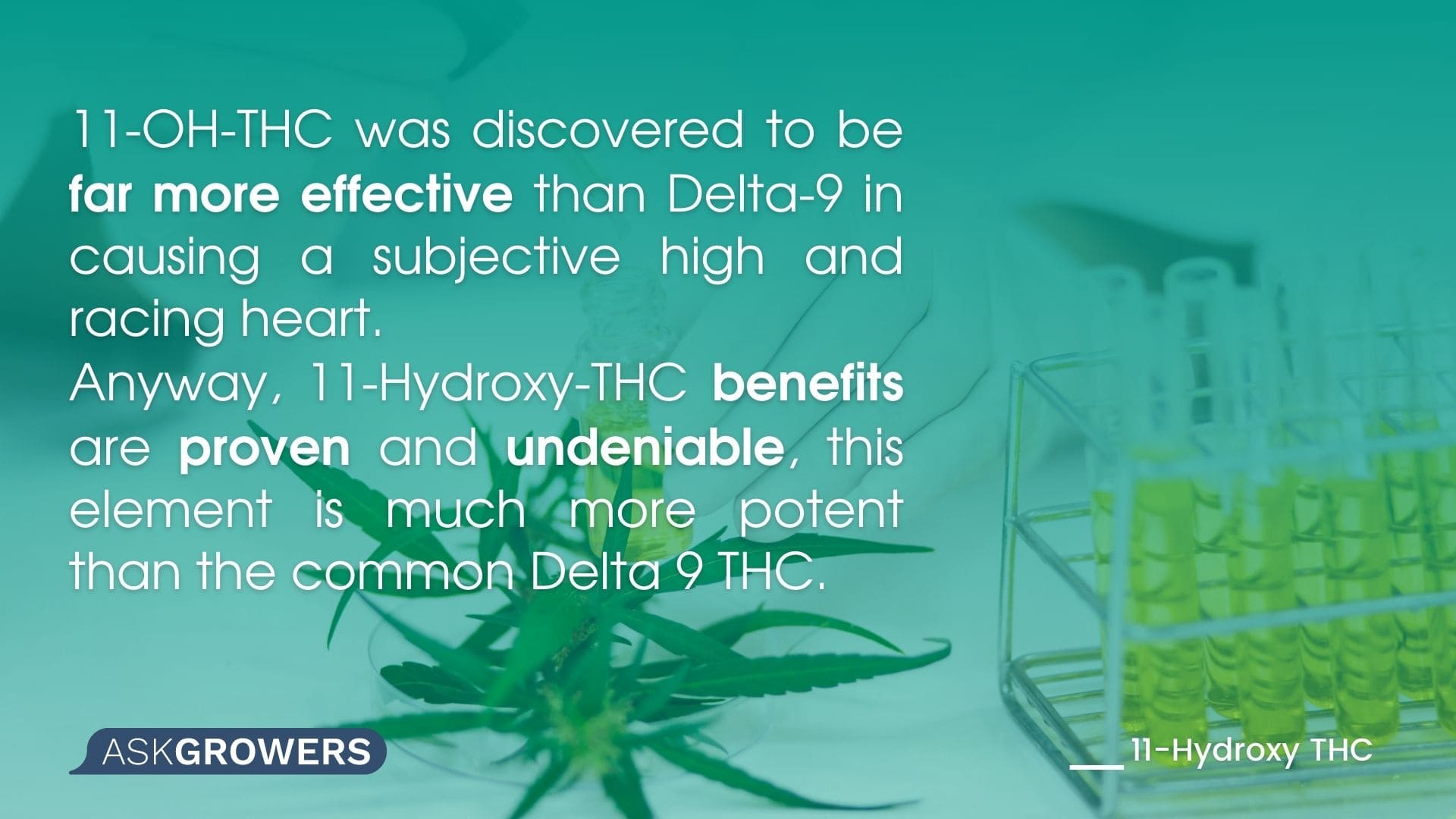
Although 11-OH-THC was the definite winner in those tests, we now understand more about how THC is affected by the presence of terpenes and how each human body, liver, or digestive system processes this chemical differently.
Anyway, 11-Hydroxy-THC benefits are proven and undeniable, this element is much more potent than the common Delta 9 THC.
Read Also: What Is Delta-8?
Conclusion
What is the importance of Delta-11 THC? If you prefer long-lasting and more potent cannabis psychoactive effects, this cannabinoid is the best assistant in that. This chemical structure helps it to activate more receptors and provides users with a stronger high if they choose to ingest cannabis.
Some marijuana users prefer the quick and uncomplicated sensation of smoking a bowl or dabbing. Others appreciate edibles' slow, consistent, and strong effects. If you're searching for a fun experience, a method to pass the time, or relief from a medical issue, understanding the different forms of THC and how they influence the body will help you find the cannabis experience that's right exactly for you.
Read Also: What is Hexahydrocannabinol & What Does HHC Do

 Guides
Guides
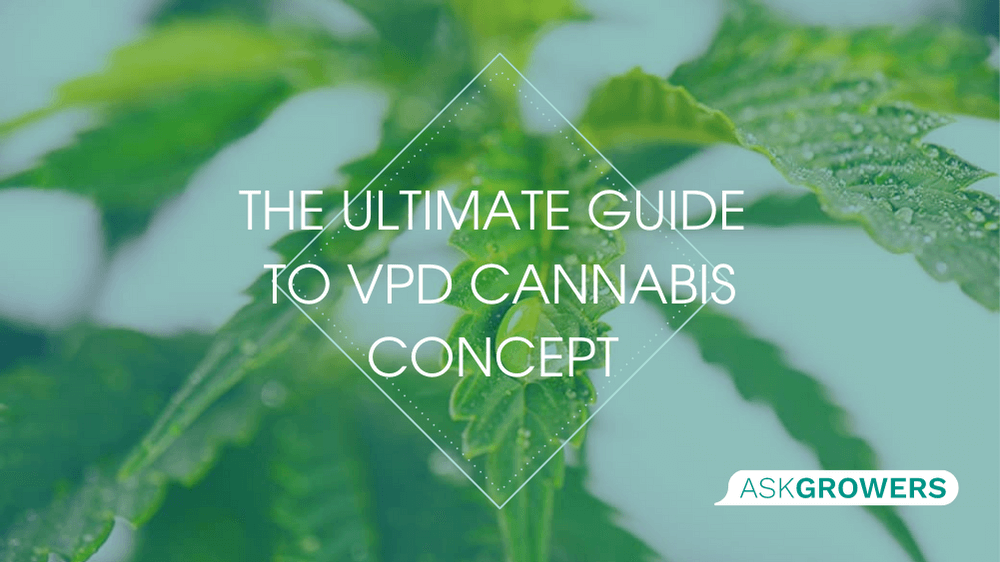
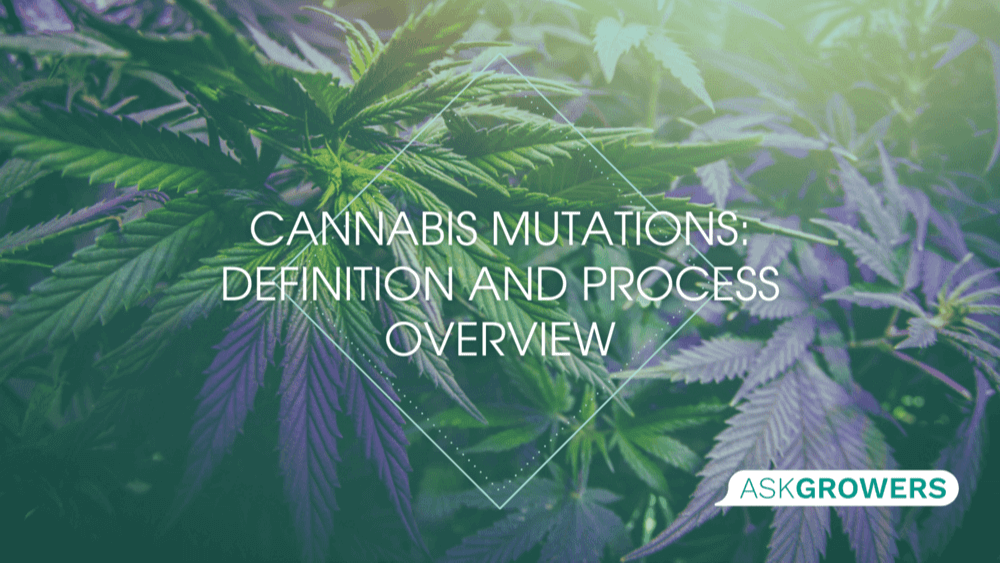
.png)
.png)
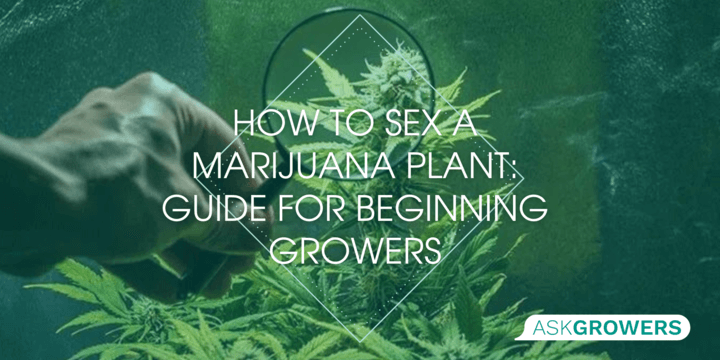
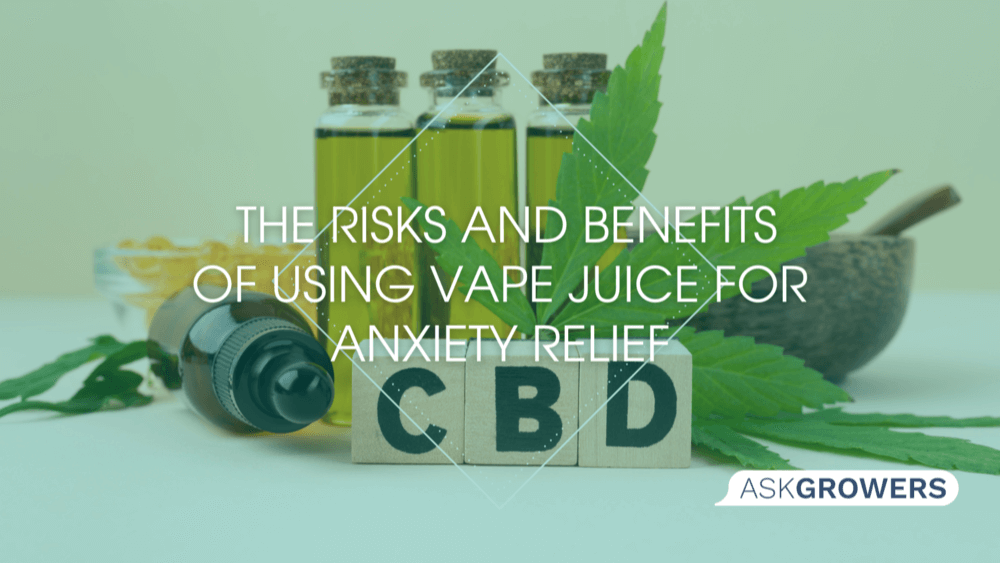
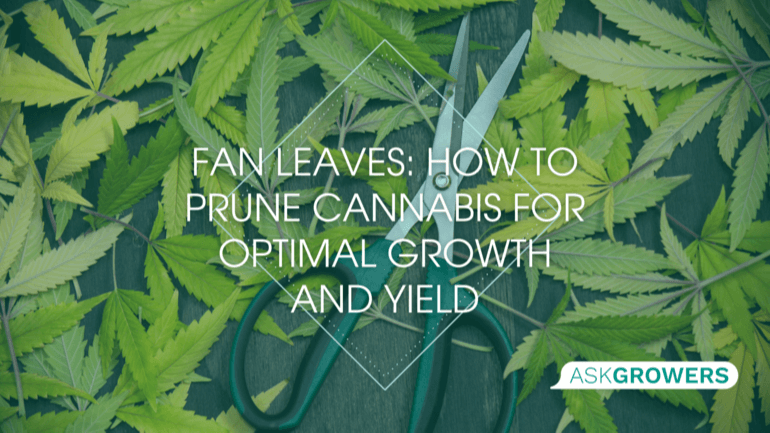
 (1).png)
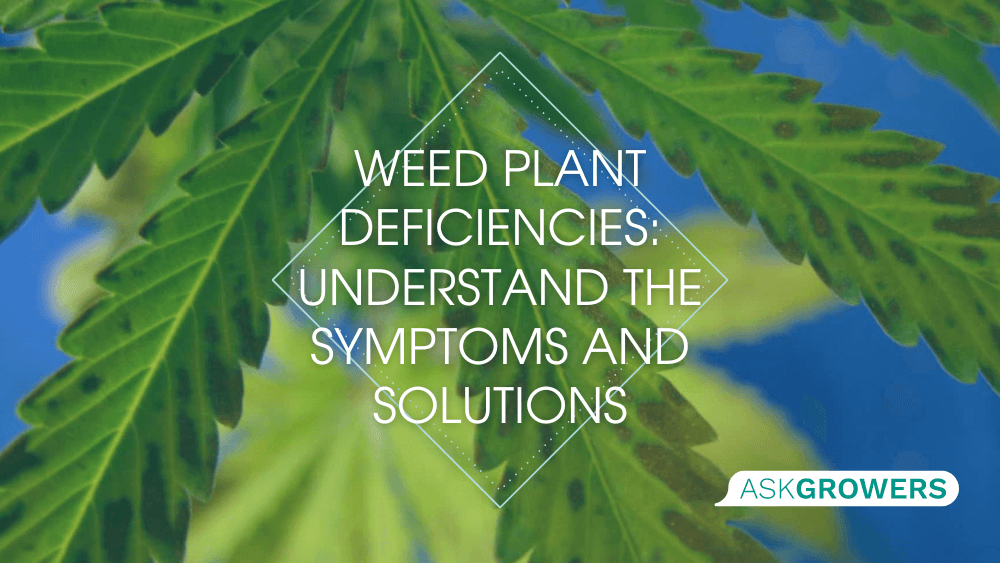
.jpg)
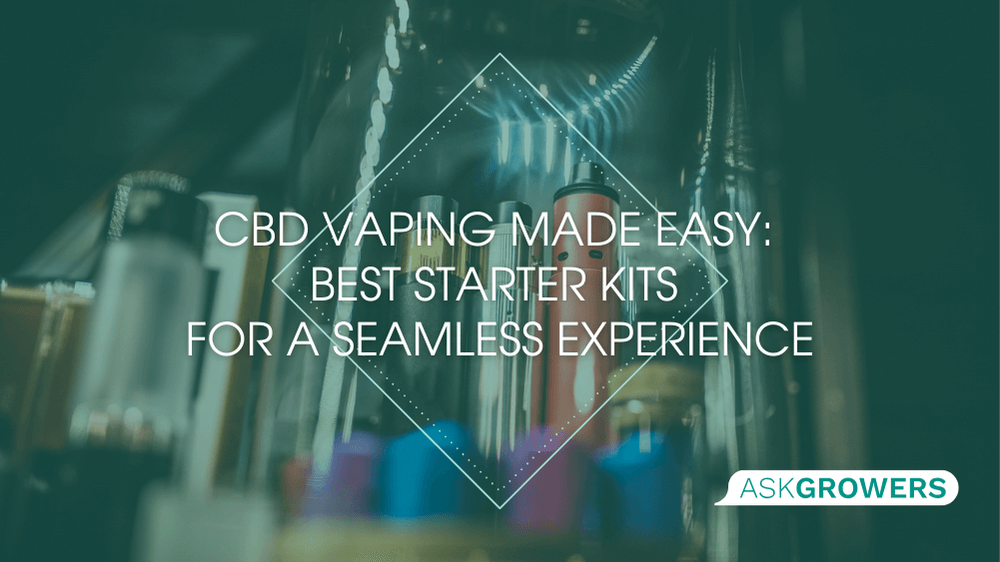
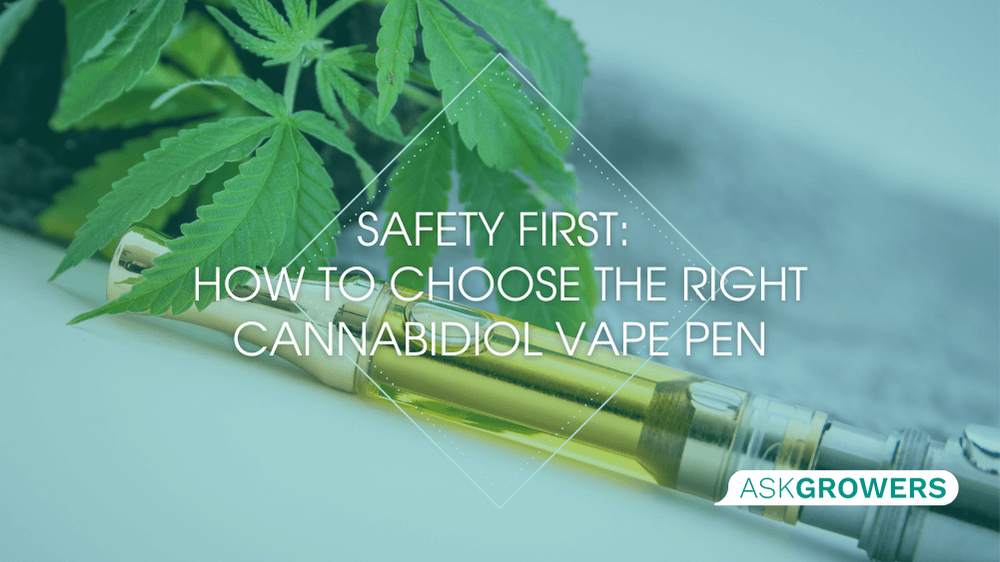
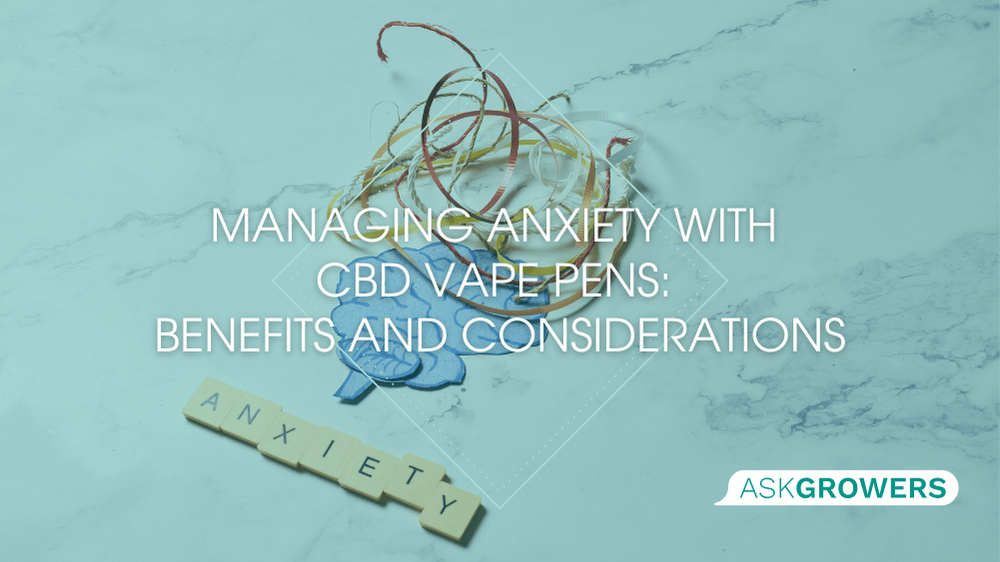
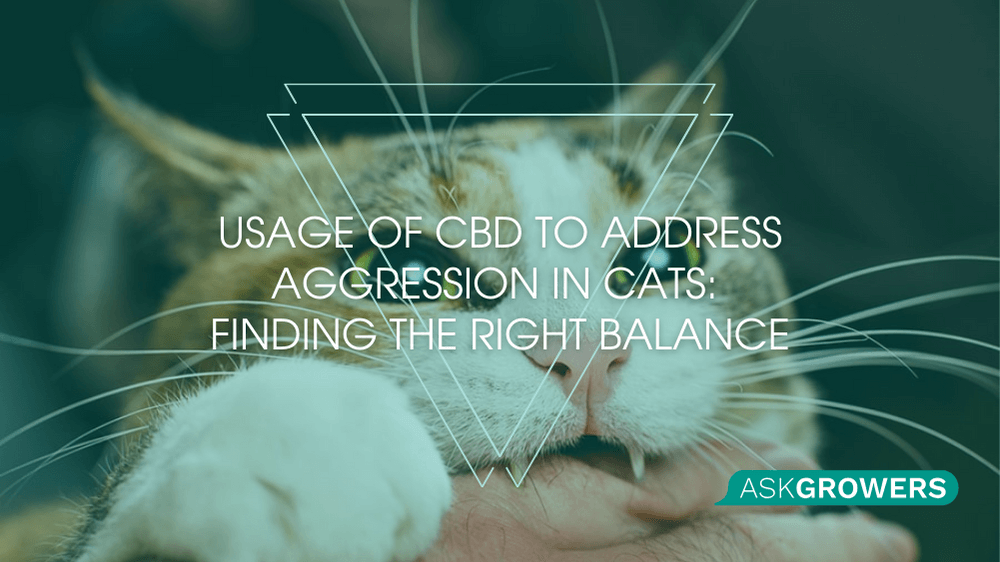
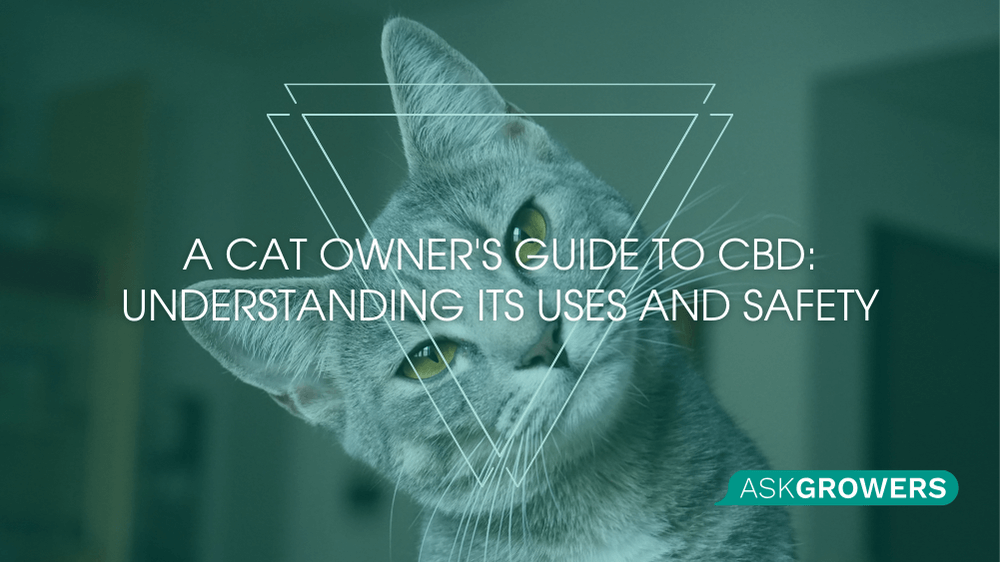
Be the first and share your opinion
Write a Review